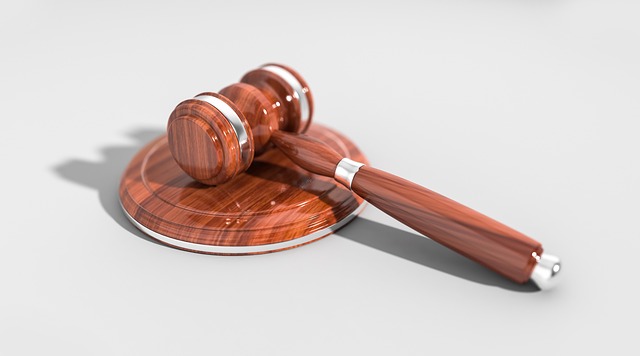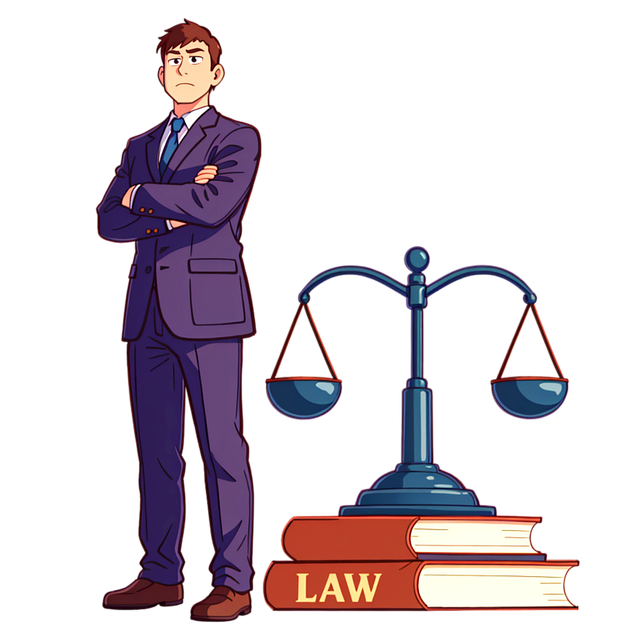Wrongful death product liability cases arise when a defective or hazardous product causes an unintentional death, leading families to seek legal action against manufacturers, distributors, and sellers. These complex cases involve investigating product defects, their connection to accidents, and the resulting emotional and financial losses. Legal principles like strict liability, negligence, and breach of warranty apply, with manufacturers potentially held strictly liable for design or manufacturing flaws. The emotional consequences can be severe, including grief, anger, and mental health issues, while financial impacts cover medical expenses, funeral costs, and lost contributions. Navigating legal procedures requires understanding incident circumstances, deceased's economic status, and state laws governing product liability to secure fair compensation.
“In the realm of product liability, wrongful death cases stemming from defective products carry profound emotional and financial weights. This article delves into the intricate legal aspects of understanding wrongful death product liability, focusing on its impact on victims’ families and associated financial implications. We explore how courts assess the emotional distress and psychological trauma endured by loved ones, as well as the compensation available for such cases. By examining these factors, we provide insights into navigating the complex landscape of product liability.”
- Understanding Wrongful Death Product Liability: A Deep Dive into Legal Aspects
- Assessing Emotional and Psychological Impact on Victims' Families
- Financial Implications and Compensation for Product Liability Cases Resulting in Death
Understanding Wrongful Death Product Liability: A Deep Dive into Legal Aspects

Wrongful death product liability cases arise when a defective or hazardous product causes the unintentional passing of a person. This legal concept delves into the responsibility of manufacturers, distributors, and sellers to ensure their products are safe for consumers. When a product fails to meet this standard and results in fatal consequences, victims’ families may have grounds for legal action. Such cases often involve complex investigations to establish the defect, its connection to the accident, and the resulting emotional and financial losses.
In the realm of product liability, understanding wrongful death claims requires an exploration of various legal principles. These include strict liability, negligence, and breach of warranty. For instance, in a car accident injury case, if it’s proven that a vehicle’s design or manufacturing flaw led to catastrophic outcomes, the manufacturer could be held strictly liable for any resulting wrongful deaths. Similarly, medical malpractice cases may involve defective medical devices or medication errors, highlighting the significance of product safety and patient care.
Assessing Emotional and Psychological Impact on Victims' Families

The emotional and psychological impact on families dealing with a wrongful death due to product liability can be profound and long-lasting. When a loved one passes away unexpectedly due to a defective or hazardous product, it leaves behind a void that no amount of time can fill. Family members often struggle with grief, anger, and a sense of injustice, which can lead to severe mental health issues if left unaddressed. The loss can disrupt daily routines and relationships, causing significant distress and a need for support.
Assessing these damages is crucial in wrongful death cases, as it goes beyond monetary compensation. A qualified accident lawyer specializing in product liability will consider the emotional toll on survivors, including depression, anxiety, and post-traumatic stress disorder (PTSD). These non-economic damages are just as important as any serious injuries sustained in similar incidents like nursing home neglect or other accidents, as they represent the intangible losses that no financial settlement can ever replace.
Financial Implications and Compensation for Product Liability Cases Resulting in Death

In wrongful death product liability cases, the financial implications can be profound and multifaceted. When a product defect leads to a fatal accident, survivors often face significant emotional distress coupled with substantial economic losses. Compensation in such cases is designed not only to offer solace but also to ensure that families can cope with the sudden absence of a loved one. This includes reimbursement for medical expenses incurred before the death, funeral and burial costs, as well as loss of financial support and contributions from the deceased.
The process of seeking compensation involves navigating complex legal procedures, which can be both challenging and emotionally taxing. While accident settlements typically include monetary awards, the value of a wrongful death claim varies based on numerous factors, including the circumstances surrounding the incident, the economic status of the deceased, and the specific state’s laws governing product liability. Understanding these dynamics is crucial for families aiming to secure fair and just compensation in the wake of an unexpected loss.
Wrongful death product liability cases are complex, demanding a thorough understanding of both legal and human aspects. Assessing emotional damages is crucial, as it captures the profound psychological impact on victims’ families, who often face a lifetime of grief and suffering. Financially, these cases require meticulous calculation to determine compensation that not only accounts for lost income but also provides a measure of justice for the sudden and senseless loss of a loved one. By navigating these challenges, legal professionals can help families navigate their emotional and financial recovery in the wake of such tragic events.






